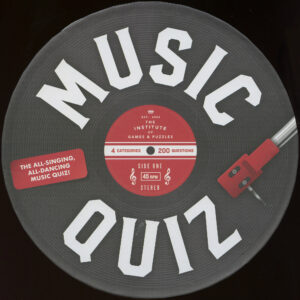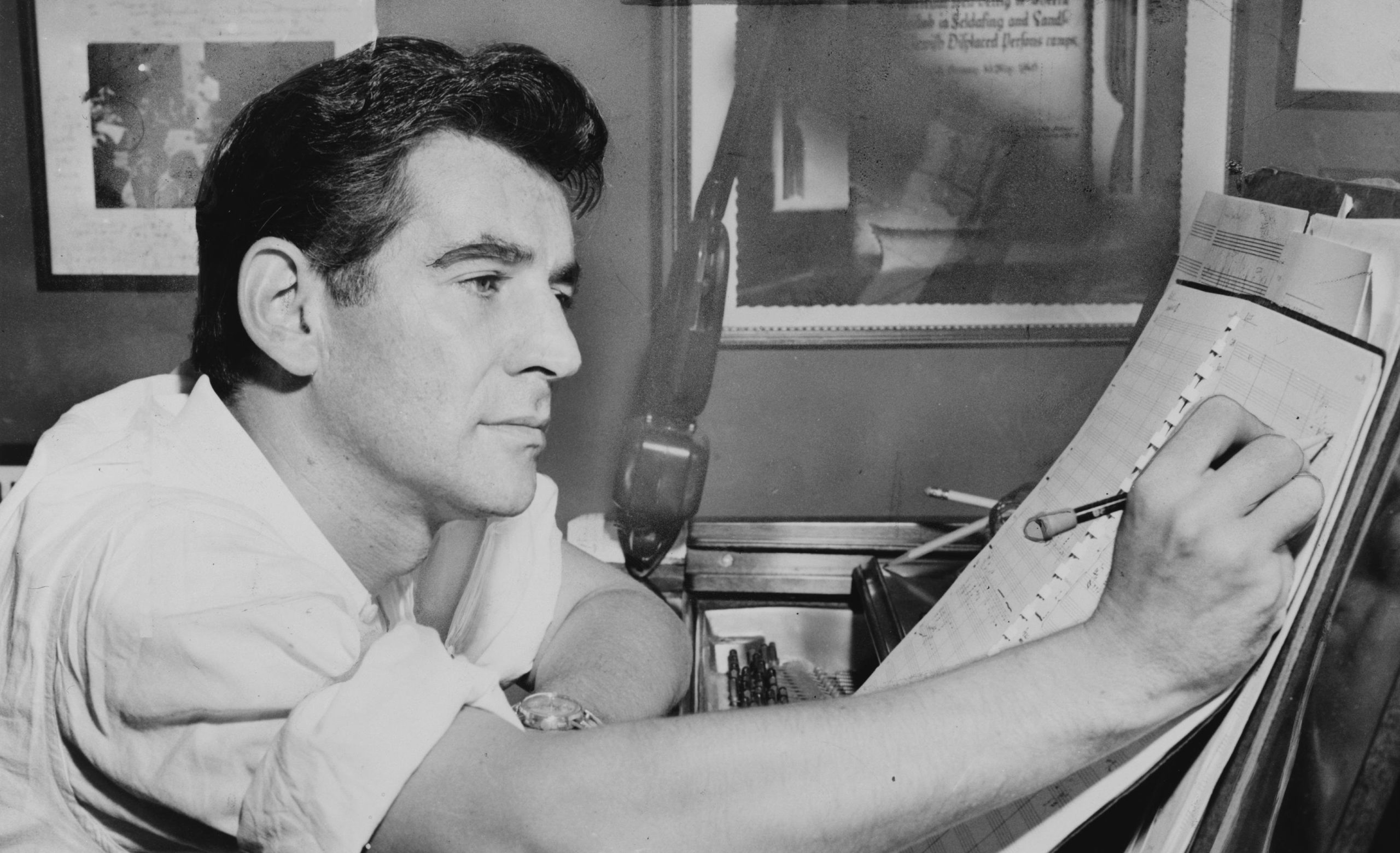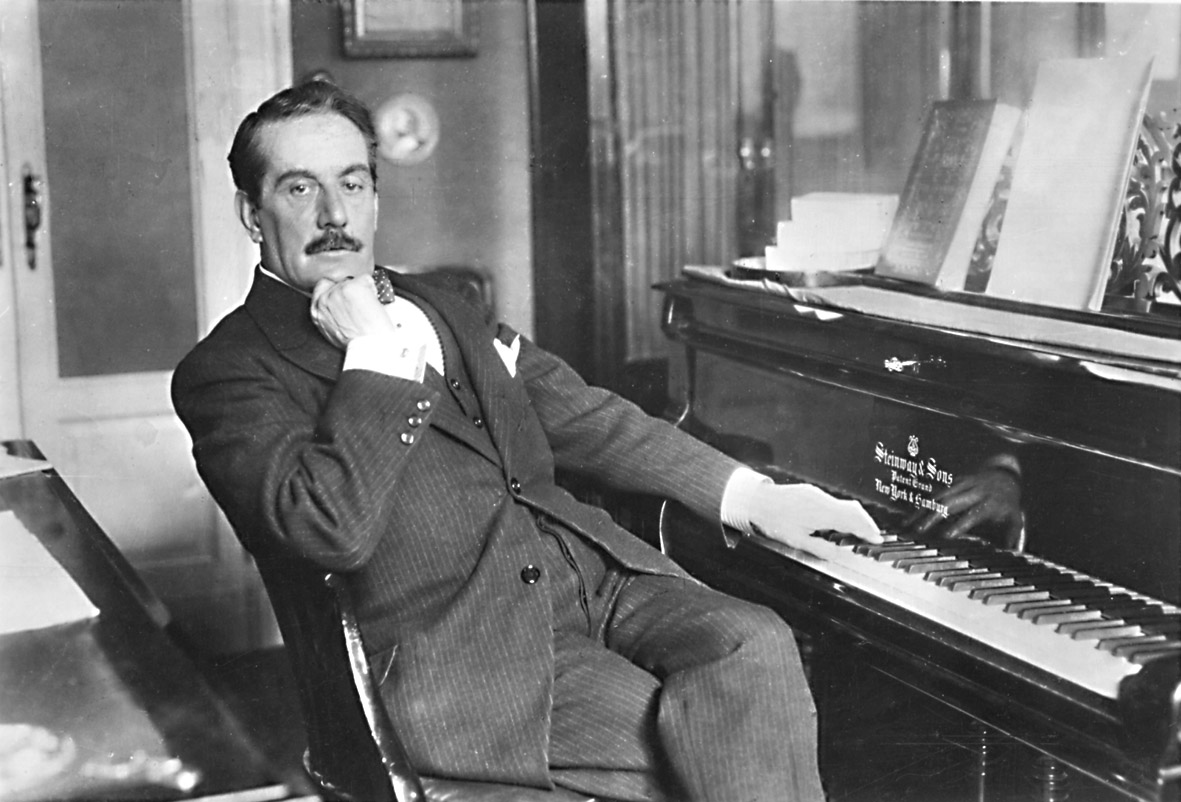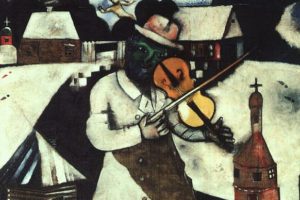Franz Schubert, according to profiles, lived a short life, spent most of it writing various forms of music of the day, got virtually no recognition and died of syphilis at age 32. Here is the part of Wikipedia’s profile:
In a short lifespan of less than 32 years, Schubert was a prolific composer, writing some 600 Lieder, ten complete or nearly complete symphonies, liturgical music, operas, incidental music and a large body of chamber and solo piano music. Appreciation of his music while he was alive was limited to a relatively small circle of admirers in Vienna, but interest in his work increased significantly in the decades immediately after his death. Felix Mendelssohn, Robert Schumann, Franz Liszt, Johannes Brahms and other 19th-century composers discovered and championed his works. Today, Schubert is ranked among the greatest composers of the early Romantic era and, as such, is one of the most frequently performed composers of the early nineteenth century. (Continue Reading…)
ClassicalNet started also focused on the lack of renown:
Schubert’s life is the quintessential example of the Romantic notion of the neglected genius who dies in obscurity. Even Mozart, who probably had a harsher life and greater obstacles to overcome, was at least accorded a modicum of recognition in his own lifetime. For Schubert, an entire generation had to pass before his most substantial achievements saw the light of day. (Continue Reading…)
AllMusic suggested, however, that Shubert didn’t waste much time:
Despite his short life, Schubert produced a wealth of symphonies, operas, masses, chamber music pieces, and piano sonatas, most of which are considered standard repertoire. He is known primarily for composing hundreds of songs including Gretchen am Spinnrade, and Erlkonig. He pioneered the song cycle with such works as Die Schöne Müllerin, and Die Winterreise, and greatly affected the vocal writing of both Robert Schumann and Gustav Mahler. (Continue Reading…)
Above is “Impromptu in G Flat Major D899 No.3” performed by Vladimir Horowitz. It is interesting to watch him ready himself before playing. Below, Luciano Pavarotti sings “Ave Maria.” Here is a link to Schubert’s music at Amazon.










